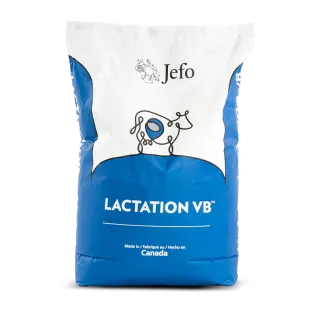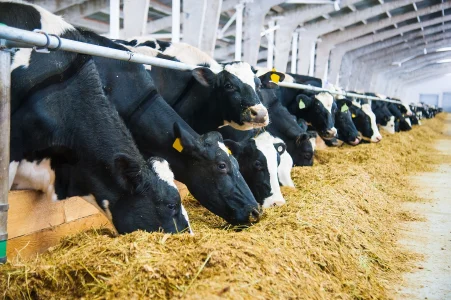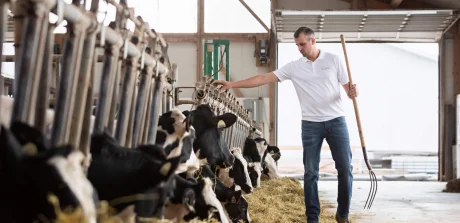- Article
- Dairy
- Management
- Stress
You Can't Turn Off Dairy Cow Stress
Stress is an inevitable part of life for dairy herds. Unfortunately, managing stress isn't as straightforward as flipping a switch. Unlike turning off lights to save energy, we can't simply turn off cow stress. Stress arises from various stressors, and there are more than 30 of them that can affect a dairy cow's health and performance.
Understanding dairy cow stress
Stress in dairy cows is caused by numerous factors that can negatively impact their health, performance, reproduction, and longevity. These stressors often interact and compound, making management challenging.
Major stress areas
To effectively manage stress, it's essential to recognize the primary areas where stressors occur:
Major stress areas
To effectively manage stress, it's essential to recognize the primary areas where stressors occur:
- Weather-related stressors: extreme temperatures, humidity, and other adverse weather conditions can significantly impact cow comfort and health.
- Nutritional stressors: inconsistencies in feed quality, availability, and feeding routines can lead to digestive issues and reduced milk production.
- Management and procedural stressors: handling practices, housing conditions, and routine procedures can cause stress if not managed properly.
- Production stage stressors: different stages of lactation and reproduction present unique challenges that can stress cows.
- Health-related stressors: diseases, injuries, and other health issues are significant stress contributors.
By identifying and addressing these areas, farmers can implement strategies to mitigate stress and promote better health and productivity in their herds.
Strategies for managing cow stress
Implementing effective stress management strategies is crucial for maintaining cow health and farm productivity. Consider the following approaches:
- Environmental control: utilize fans, misters, and shade structures to mitigate heat stress during hot weather.
- Nutritional management: ensure consistent feed quality and feeding schedules to prevent nutritional deficiencies and digestive issues.
- Gentle handling practices: train staff in low-stress handling techniques to reduce fear and anxiety in cows.
- Health monitoring: regularly monitor herd health to promptly identify and address diseases or injuries.
- Comfortable housing: provide adequate space, comfortable bedding, and proper ventilation to enhance cow comfort.
By adopting these strategies, farmers can create a more supportive environment that reduces stress and promotes overall well-being in their dairy herds.
Understanding and managing the various stressors that affect dairy cows is essential for maintaining their health and productivity.
By implementing comprehensive stress management strategies, farmers can ensure a more sustainable and profitable dairy operation.


















